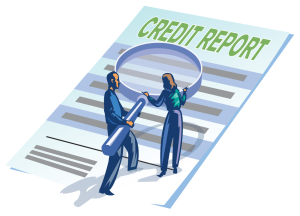 Today’s top story: You could be overspending with credit cards. Yes, you. Also in the news: Your excuses for not contributing to a 401(k) are dwindling, which is the best way for you to zap your debt, and how millennials can prepare for the next financial crisis.
Today’s top story: You could be overspending with credit cards. Yes, you. Also in the news: Your excuses for not contributing to a 401(k) are dwindling, which is the best way for you to zap your debt, and how millennials can prepare for the next financial crisis.
You Could Be Overspending With Credit Cards. Yes, You.
Keeping your spending in check.
Your Excuses for Not Contributing to a 401(k) Are Dwindling
No more excuses.
Different Ways to Zap Your Debt: Which Is for You?
Finding the best way to conquer your debt.
How millennials can prepare for the next financial crisis
Preparing for the inevitable.
 Today’s top story: Helping after a disaster: will your insurance protect you? Also in the news: How to prevent credit card photo-bombs on your social media, Millennials are falling for young stocks, and how to lift or cancel a credit freeze.
Today’s top story: Helping after a disaster: will your insurance protect you? Also in the news: How to prevent credit card photo-bombs on your social media, Millennials are falling for young stocks, and how to lift or cancel a credit freeze.  Today’s top story: Equifax messed up – who pays? You do. Also in the news: 5 foolproof ways to build wealth without a lottery ticket, 3 ways to score after iPhone 8 and iPhone X release, and your ‘money personality’ is first step to financial freedom.
Today’s top story: Equifax messed up – who pays? You do. Also in the news: 5 foolproof ways to build wealth without a lottery ticket, 3 ways to score after iPhone 8 and iPhone X release, and your ‘money personality’ is first step to financial freedom.